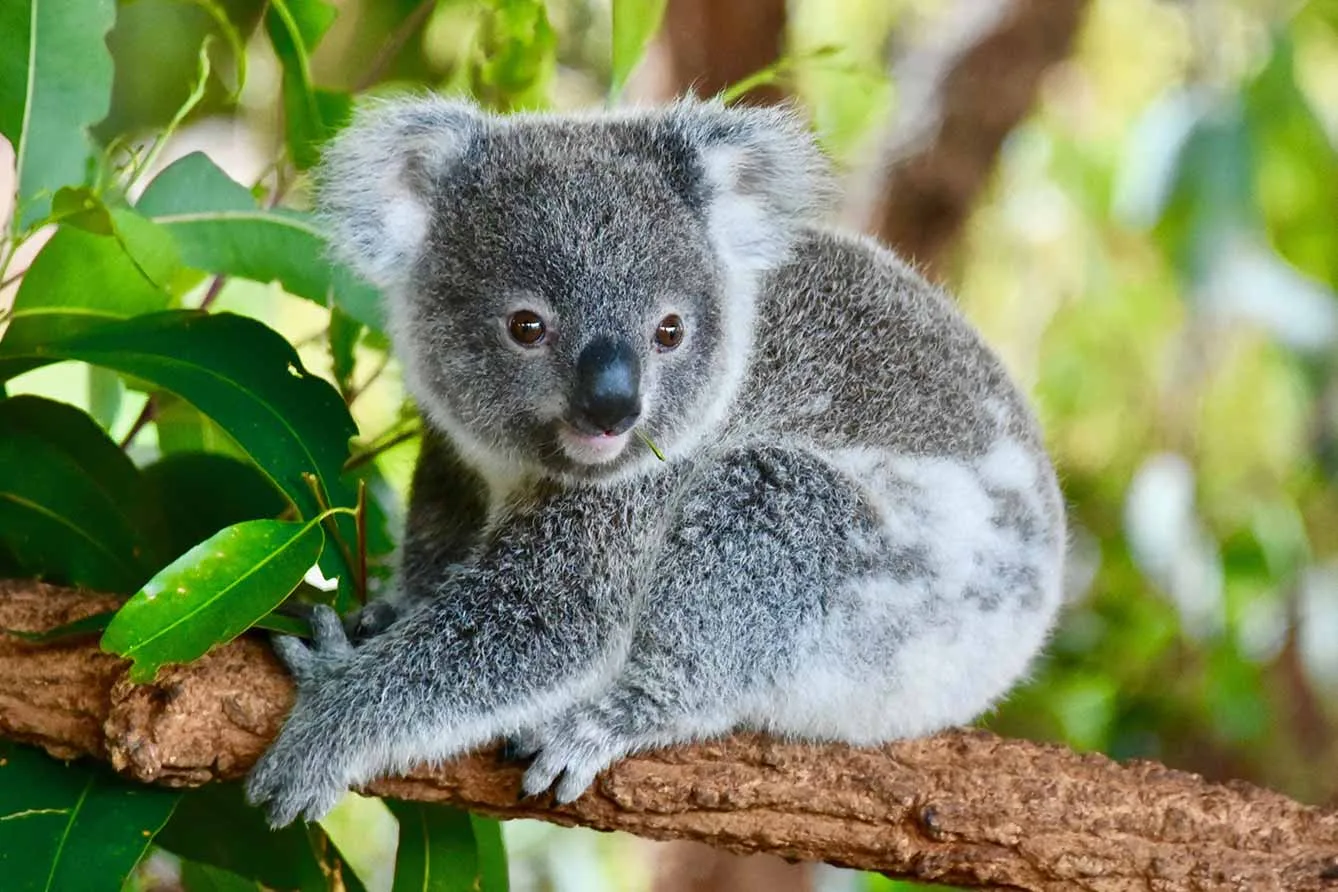University of Sydney scientists are making genome data from koalas available on Amazon Web Services with the aim of accelerating efforts to prevent their extinction
Australia’s iconic koala population is under threat, having declined by an estimated 26% in NSW over the past two decades. The situation is so concerning that the NSW Government has pledged over $193 million to double the number of koalas in NSW by 2050.
Dr Carolyn Hogg is part of a team from University of Sydney who are using genome sequencing to help protect koalas from disease, climate change, falling species diversity, and other threats. However, processing and analysing genome data can take years – years that threatened species like koalas simply don’t have.
To overcome this, University of Sydney is working with Amazon Web Services (AWS) as part of the AWS Open Data sponsorship program to create a ‘koala genome library’. This library democratises the research data, allowing Dr Carolyn and her team to collaborate with scientists and conservationists around the world to share research insights, findings, and apply solutions faster.
Iain Rouse, AWS ANZ Country Director for the public sector, said:
“The University of Sydney’s koala genome library project is an incredible example of how cloud technology and open data can accelerate the processing of research data from weeks to hours, and enable Australian researchers to collaborate on insights with the global conservation community to speed up research outcomes.
“It would be a tragedy if Australia lost an animal as iconic as the koala. We’re proud that the AWS Open Data sponsorship program has enabled, not only the fantastic work Dr Carolyn Hogg, and the University of Sydney team, but is also making data more accessible here at home and overseas, which will accelerate outcomes for koalas and other at-risk species.”







